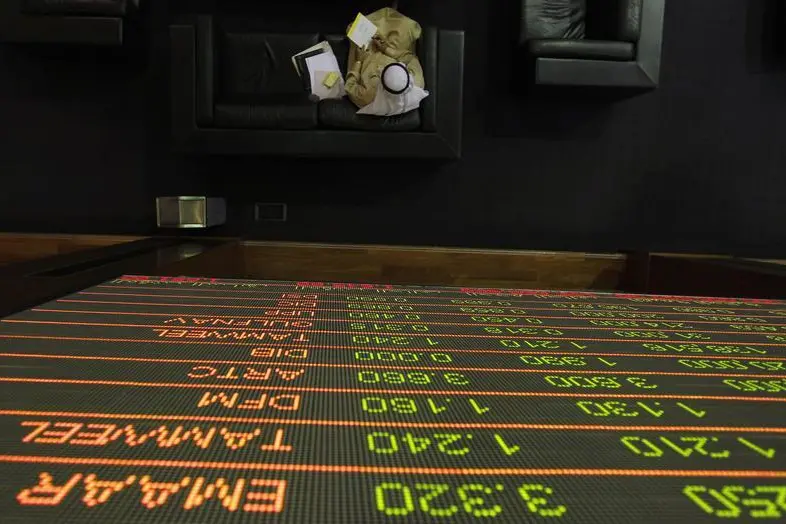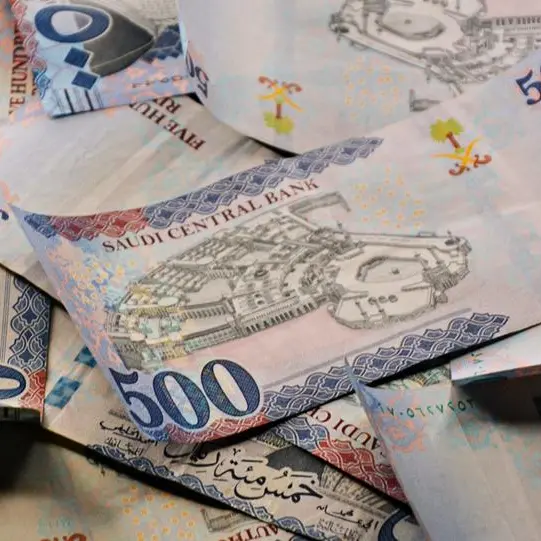PHOTO
Monday, Apr 25, 2016
Dubai: The International Monetary Fund (IMF) has revised the growth outlook for the UAE with the overall real GDP growth moderating to 2.4 per cent in 2016 from 3.9 per cent recorded in 2015.
“We project the average GDP growth for the UAE to moderate during the current year with obvious difference in the growth rates of Abu Dhabi and Dubai,” said Masood Ahmed, director of the IMF’s Middle East and central Asia department.
While Abu Dhabi is projected to grow at 1.7 per cent in 2016 compared to 4.4 per cent actual growth recorded last year, Dubai GDP is expected to grow slightly better at 3.7 per cent this year compared to 3.6 per cent actual growth in 2015.
“While there are clear divergence in growth trends in Abu Dhabi and Dubai, we expect to see higher growth in Dubai because of the diversified nature of the Emirates economy. We expect to see similar trends in various sectors of the economy with some sectors doing better while some others lagging,” said Ahmad.
The IMF official said the Fund is encouraged by the reform initiatives of the UAE and other GCC countries in response to the sharp decline in oil revenues over the past two years.
“We are encouraged by the pace of reforms in the region. A number of countries have announced medium term fiscal reform packages along with economic diversification efforts. Clearly there is a clearer road map towards reforms in most of these countries,” Ahmed said hours ahead of Saudi Arabia announcing plans to of sweeping reforms to wean its economy away from oil dependence.
For the GCC as a whole the IMF official said there are Significant fiscal adjustment is underway, but more is needed as oil prices are expected to be “low-for-long.” Adjustment can be more gradual if buffers are available; but credible adjustment path is essential for market confidence.
“Economic activity is slowing as the public purse is tightened; private sector needs to take over as the engine of growth. Increased engagement with the private sector can help to identify and address impediments to growth,” said Ahmad.
While the IMF commended the Gulf States for speeding up the reforms to meet the economic challenges. But Ahmed said GCC countries would still face difficult decisions in carrying out budget reform plans and while creating millions of jobs for growing populations.
The IMF’s Regional Economic Outlook Update for the Middle East and Central Asia, released yesterday projects GDP growth of 1.8 per cent for the Gulf oil exporters. Growth in most exporting countries is projected to slow further this year as they tighten public spending in response to lower oil prices.
The oil-exporting countries enjoyed large fiscal and external surpluses and rapid economic growth in recent years because of booming oil prices. Since mid-2014, however, the persistent decline in oil prices has turned surpluses into deficits, slowing growth and raising concerns about unemployment.
“The fall in oil prices has led to large export revenue losses: a staggering $390 billion last year and the expectation of a further $140 billion this year,” Ahmed said.
In the GCC fiscal deficits are still expected to average 12.75 per cent of GDP in 2016, and remain at 7 per cent over the medium term.
By Babu Das Augustine Banking Editor
Gulf News 2016. All rights reserved.





















